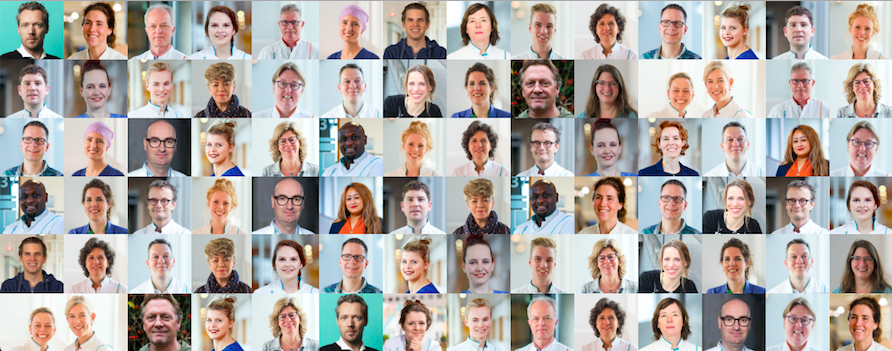PhD candidate ‘Identification and treatment of non-coding USH2A variants underlying Usher syndrome and retinal degeneration’
PhD candidate ‘Identification and treatment of non-coding USH2A variants underlying Usher syndrome and retinal degeneration’
You cannot apply for this job anymore (deadline was 8 Mar 2018).
Browse the current job offers or choose an item in the top navigation above.
Job description
The inherited sensory diseases retinal dystrophy and hearing impairment display an enormous degree of genetic heterogeneity. A genetic diagnosis is essential for prognosis, counseling and eligibility for novel gene-specific therapies. Whole exome sequencing (WES) analyses the coding regions of the genome and reveals causative DNA variants in ~65% of the cases. We hypothesize that many of the ~35% missing mutations in the sensory diseases are located in non-coding sequences (e.g. introns) and introduce premature translation termination defects or alter gene transcription or mRNA stability.
In this project the PhD candidate will focus on individuals with genetically unsolved autosomal recessive retinitis pigmentosa (arRP) and Usher syndrome (USH, deafblindness) who, upon WES, carry one causal variant in the USH2A gene. In view of the large size of this gene (~800 kb), whole genome sequencing (WGS) will be performed to detect variation in the non-coding DNA of USH2A, but can also detect causal variants in other genes. Putative splice variants will be introduced in splicing constructs and tested in a cell system.
As the cell system may not recapitulate all splicing defects present in the retina and inner ear, we will also employ stem cell technology for selected arRP and USH cases. Peripheral blood cells will be reprogrammed into induced pluripotent stem cells, which can be differentiated into photoreceptor precursor cells and otic progenitor cells. Splicing defects due to deep-intronic variants can then be visualized.
A subset of splice defects can be corrected at the RNA level by antisense oligonucleotide treatment. This can be tested in cell systems, but also in fibroblasts and photoreceptor precursor cells or otic progenitor cells. Positive results in these studies may lead to therapeutic opportunities for patients.
Specifications
- max. 36 hours per week
- Nijmegen View on Google Maps
Requirements
The ideal candidate:
- has a background in Molecular Life Sciences, Biology, or Biomedical Sciences (MSc);
- has affinity and expertise in cell culture;
- has affinity with bioinformatics;
- is team-oriented;
- recognizes itself in the Radboud way of working.
Conditions of employment
Fixed-term contract: 4 years.
Scale 10A: max €40814 gross per year at full employment (incl. vacation bonus and end of year payments)
Read more about the Radboudumc employment conditions.
Employer
Radboudumc (university medical center)
Radboudumc strives to be a leading developer of sustainable, innovative and affordable healthcare to improve the health and wellbeing of people and society in the Netherlands and beyond. This is the core of our mission: To have a significant impact on healthcare. To get a better picture of what this entails, check out our strategy film.
Our key strength is medical life-sciences and clinical practice, with an impressive infrastructure comprising state-of-the-art technology platforms and (translational) research facilities. The Radboudumc is therefore uniquely positioned in the emerging Euregio and Dutch healthcare infrastructure to play a leading role in the new healthcare paradigm of prediction, prevention and personalised medicine.
The Radboudumc focuses on scientific health challenges of today, with an eye on emerging diseases of the future.
Read more about what it means to work at Radboudumc and how you can do your part.
Department
Human Genetics and Otorhinolaryngology
The project is a collaboration of the Departments of Human Genetics and Otorhinolaryngology. The PhD candidate will be enrolled in the PhD program of the Donders Institute for Brain, Cognition and Behaviour, and will be a member of the Department of Human Genetics with an excellent, dynamic, challenging and international working environment in which interdisciplinary research is performed with basic, translational and applied aspects.
Specifications
- PhD
- Natural sciences; Health
- max. 36 hours per week
- University graduate
:fill(white)/logos/umcr-en-wide.png)
